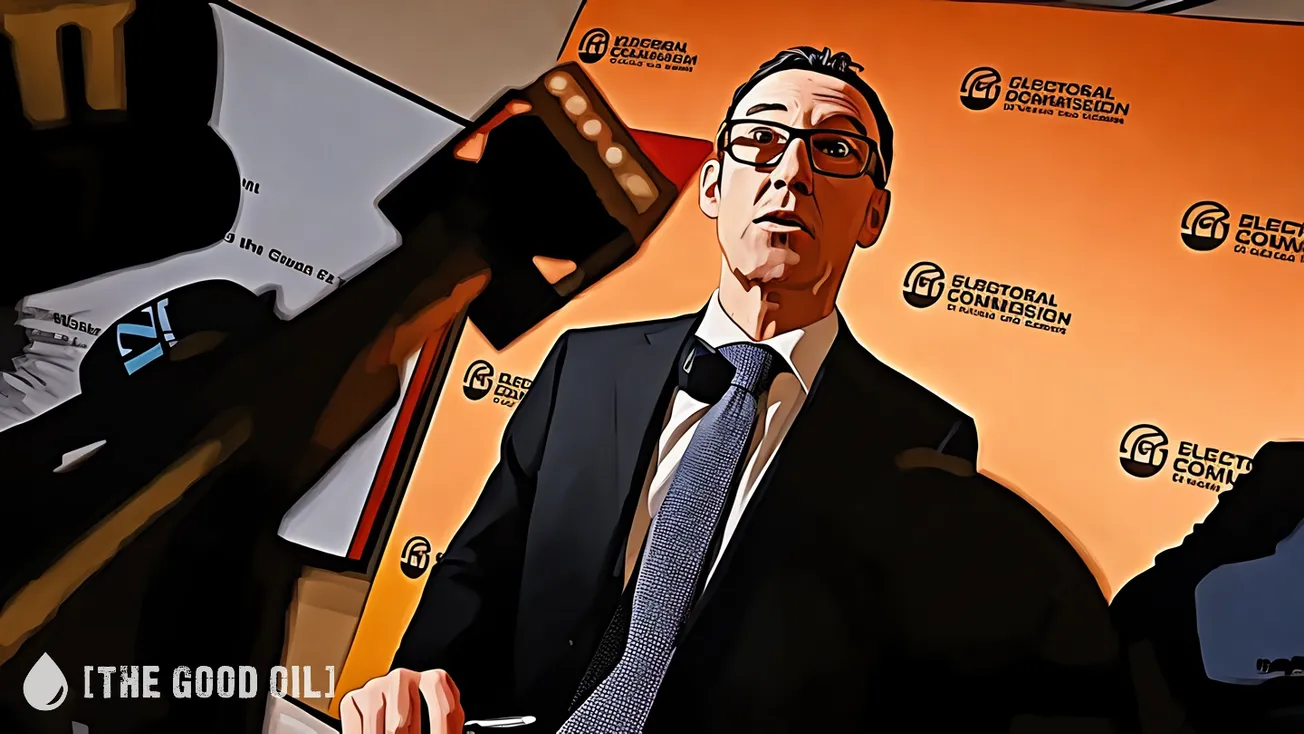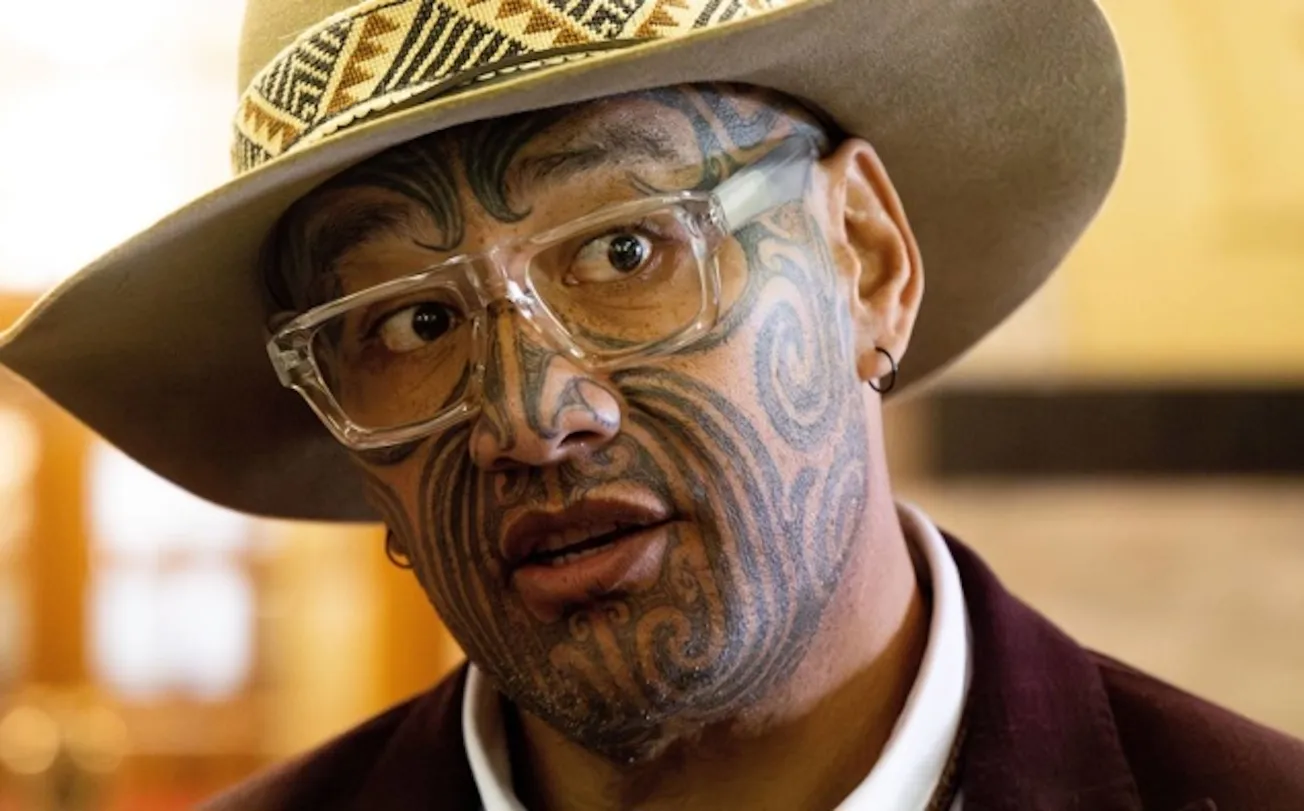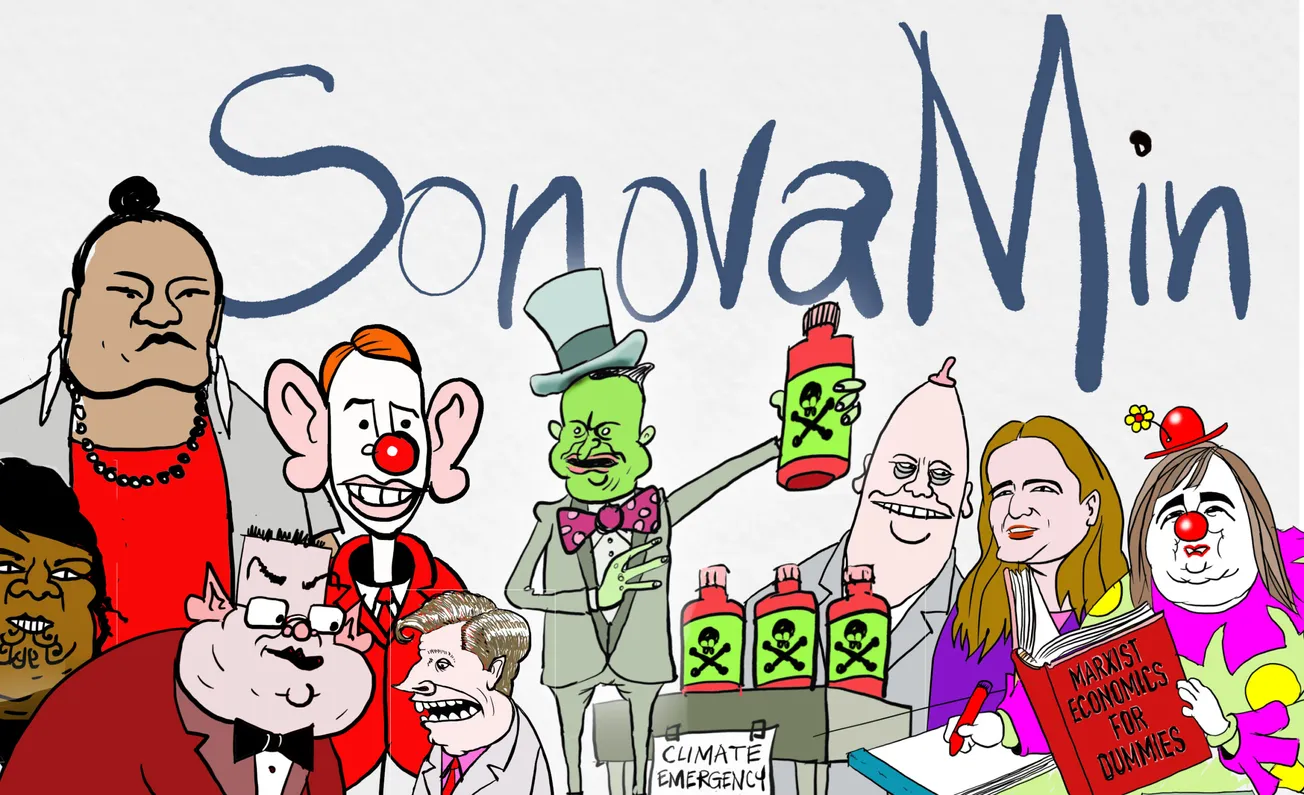Table of Contents
One of the reasonings behind MMP was the widening of democracy; it went something like ‘a new party or parties will emerge because so many people are sick of the Tweedledum and Tweedledee status quo, they will take hold, and a new political era will dawn’. It was all going to be organic; lightning would strike and such people would get elected. The reality has been somewhat different.
In 27 years and 10 general elections, including 2023, this hasn’t really happened. ACT was full of ex-Labour cabinet ministers who were hardly Johnny-come-lately types. NZ First was well-established prior to the first MMP election, United Future was also formed by ex-Labour cabinet ministers, and yet another ditto for the Maori Party. The various components of the “Alliance” had been well established by 1996. Various other political parties – and factions – have come and gone, with none making much impact on voters on election day, and as we speak there are a number of folk trying to achieve this elusive breakthrough in 2023.
In one of the great ironies of NZ politics, the sole occasion (in the modern era) when a political party was formed, achieved ‘organic’ success and sailed into Parliament as a result, was by Tau Henare in 1993 – before MMP was actually introduced. It had never happened before or since.
Before anybody starts to ‘But, but, but…’, Social Credit had either nursed electorates for years before winning them (Hobson, Pakuranga) or fluked by-elections (Rangitikei, East Coast Bays). Jim Anderton was already MP for Sydenham before winning it a third time. Peter Dunne wasn’t opposed by the National Party. Richard Prebble had arguably ‘lived’ in Wellington Central for two decades before Jim Bolger endorsed him. You get the general idea.
As an aside, New Zealand is not alone in this respect. Britain, at periodic intervals over the last 70 years, has seen a series of often comical ‘Liberal Revivals’ as the Liberal party (now called the Liberal Democrats) has tried to breathe life into their corpse, and it’s currently happening again. The first time it happened in the late 1950s and early 1960s, their then-leader, Jo Grimond, did suggest there would be an organic groundswell – lightning would strike and the electorate would see the error of their ways – leading to Liberal candidates entering Parliament. Like New Zealand, it’s happened the grand total of…once; the stunned Liberal candidate for the Isle of Wight in February 1974 suddenly found himself an MP and served in that role for many years. I can find no other examples occurring in Britain at a general election.
My point in mentioning all this is to say the odds of ‘lightning striking’ one month from now are not good for the micro-parties.
Rather than just dismiss everyone from Matt King to Leighton Baker to NZ Loyal to Alf Ngaro with a glib one-liner and incur the ire of their small number of supporters on the BFD, I wanted to provide you with evidence to show this sort of thing – organically forming a party and catapulting into Parliament – never happens. You may still be clinging to hope, but at least acknowledge I offered evidence demonstrating it’s a lost cause.
If you really wanted to stir things up a bit and give a voice in Parliament to a number of issues you care about, perhaps you’d care to cast a glance at Winston’s 4.6 per cent and be one of the 7000 votes he requires to cross the finish line?








